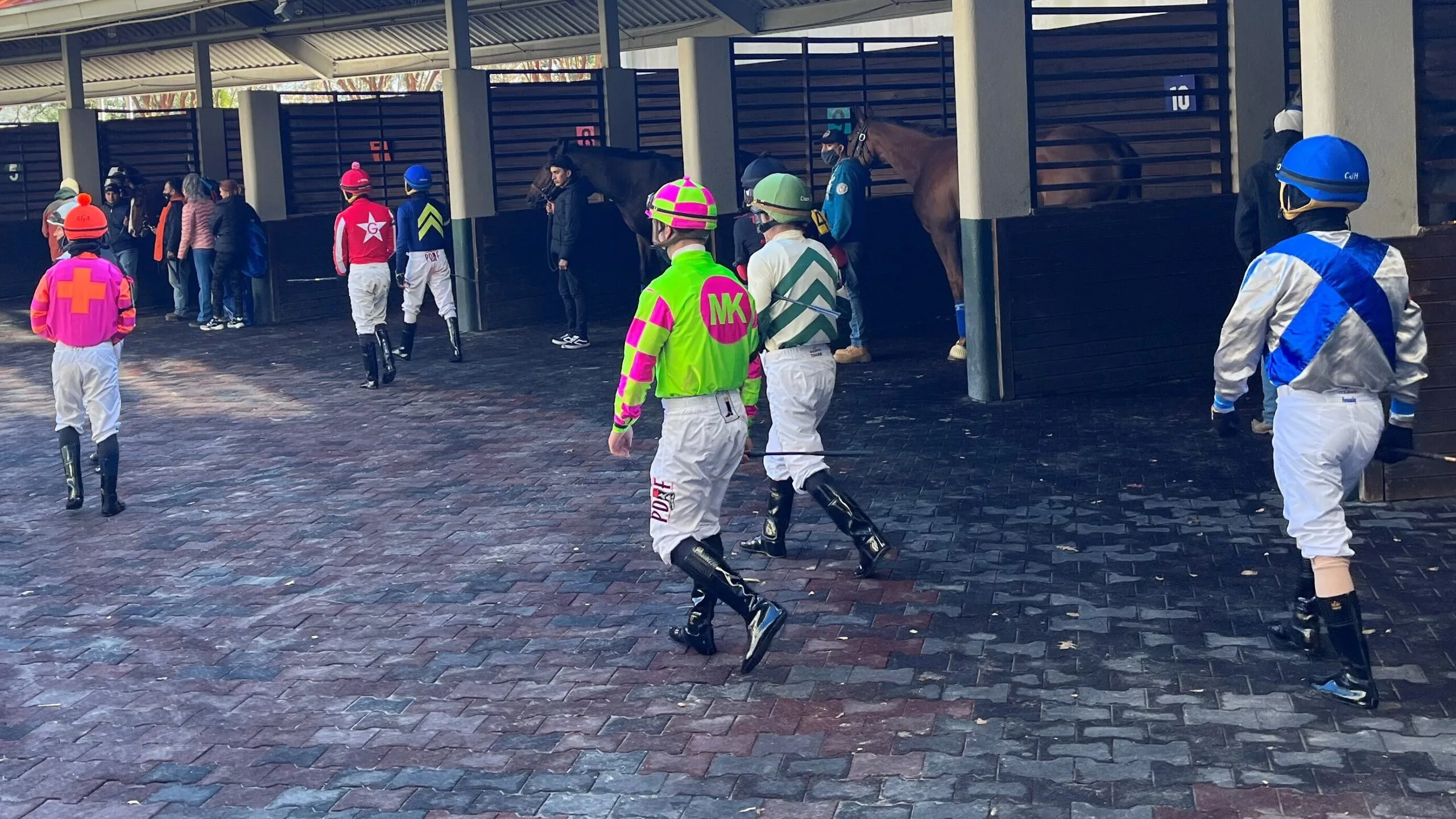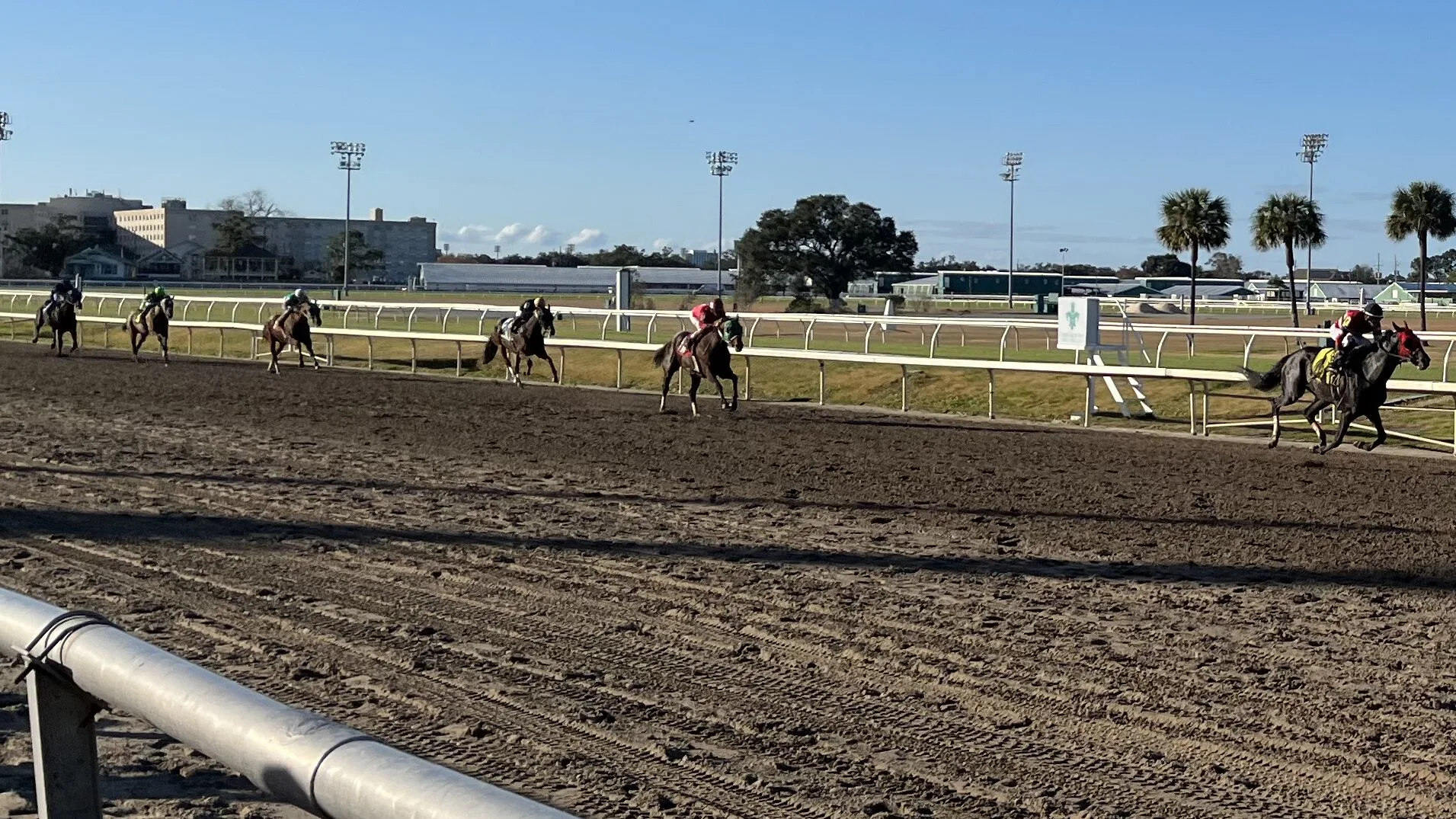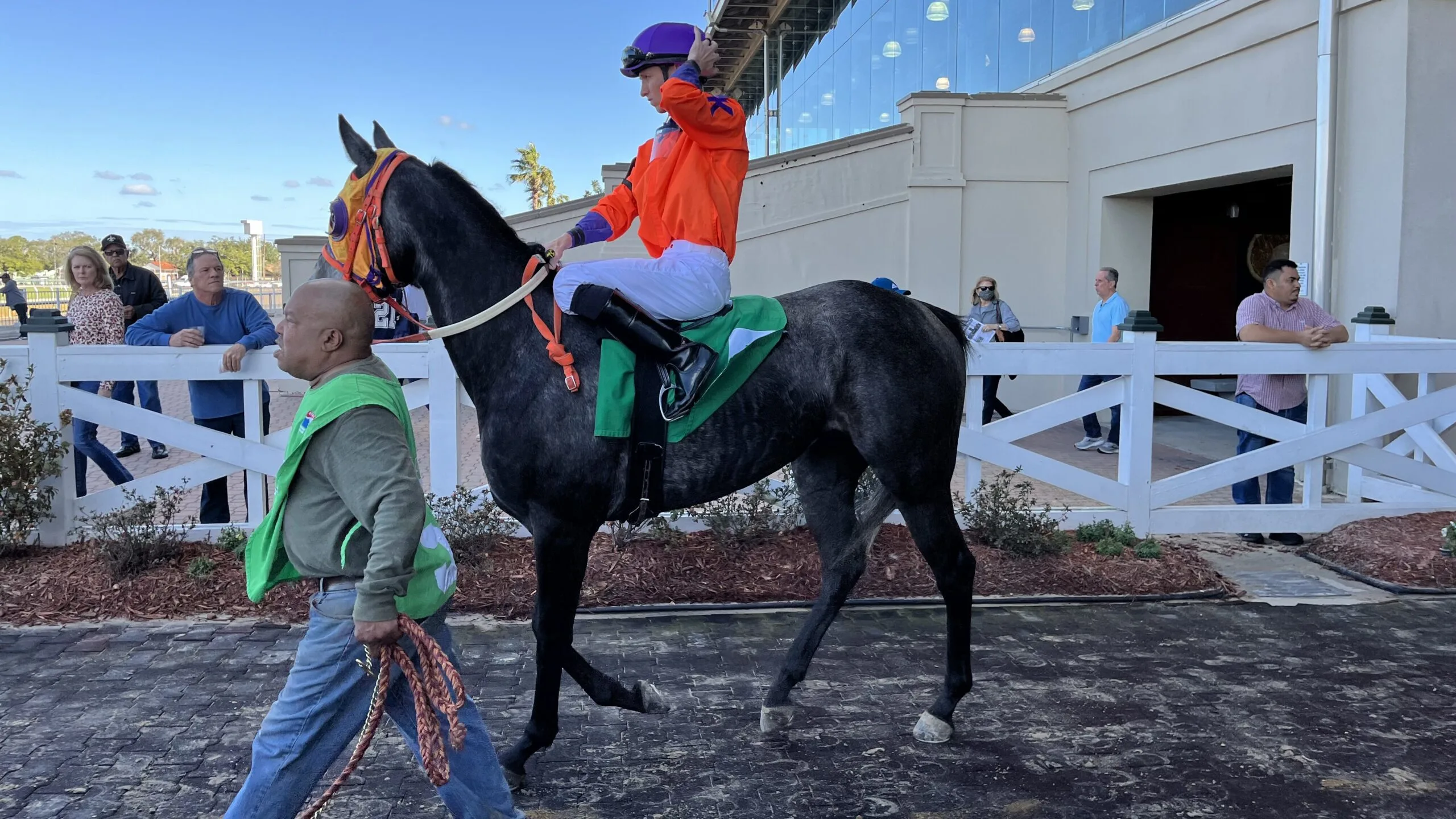Published on: December 30, 2022
As a racehorse owner, I’ve had the opportunity to witness firsthand the vital role that jockeys play in the sport of horse racing. From their expert horsemanship and strategic decision-making during a race to the care and attention they give to our four-legged athletes, jockeys are an integral part of the team.
In this blog post, I’ll be sharing some of the key aspects of being a jockey, from the physical and mental demands of the job to the duties they perform during a race and the special bond they form with their horses.
Whether you’re a seasoned fan of horse racing or new to the sport, I hope you’ll join me in learning more about the crucial role of jockeys in horse racing.
Importance of jockeys.
Jockeys are an essential part of horse racing, playing a crucial role in the success of both the individual horse and the overall race.

They are responsible for riding the horse during the race, communicating with trainers about the horse’s performance and any necessary adjustments, maneuvering through traffic, and positioning the horse for the best possible performance.
An apprentice jockey once kept our horse on the outside and never changed positions in the race. Afterward, I asked her if the horse got tired, and that’s why it never challenged the others. She told me she got scared during the race and froze.
In order to be successful, jockeys must have excellent horsemanship skills and be in excellent physical condition, as well as have mental toughness and the ability to handle the pressure and stress of competition.
Jockeys also play a key role in the care and training of their horses, building trust and understanding with each individual mount in order to get the best performance out of them on race day. Overall, the contributions of jockeys to the world of horse racing are invaluable, and they are integral to the sport.
Physical demands of being a jockey
The physical demands of being a jockey are significant and require a high level of physical fitness. Jockeys must have excellent endurance to ride a horse at high speeds for extended periods, often up to two minutes or more in a single race.
They must also have excellent balance and coordination in order to effectively ride a horse at high speeds and navigate through traffic during a race. Despite their small stature, jockeys must have a good amount of upper body strength in order to control their mount and maintain their balance during a race.
Additionally, jockeys must be flexible to adapt to the horse’s movements and maintain a comfortable and effective riding position. Overall, being a jockey requires a combination of physical endurance, balance, coordination, strength, and flexibility to succeed in the sport.

Small stature and weight requirements
Most jockeys are small to minimize the weight they add to the horse during a race. They typically range in height from 4’10” to 5’6.” However, the last two jockeys we rode on our horses were taller than me; one was 5’11, and the other was 5’10.
Jockeys must also be able to maintain a low weight, typically 118 lbs which can be challenging given the job’s physical demands. It is extremely difficult for tall jockeys to maintain such a low weight.
Physical training and conditioning
In order to handle the demands of riding a horse at high speeds for extended periods of time, jockeys must be in excellent physical condition. This requires a rigorous training and conditioning regimen that includes cardiovascular exercise, strength training, and flexibility work.
Jockeys must also be able to maintain their physical fitness in order to compete at a high level on a consistent basis.

Mental demands of being a jockey
The mental demands of being a jockey are just as important as the physical demands. Jockeys must have excellent decision-making skills and be able to think strategically in order to position their horse for the best possible performance.
They must also be able to handle the nerves and stress of competition and maintain their focus and composure under pressure. In addition to these mental skills, jockeys must also have mental toughness and resilience in order to cope with the physical and mental demands of the job.
This includes pushing through physical fatigue and setbacks and maintaining a positive attitude. Overall, being a jockey requires a combination of mental toughness, discipline, and focus in order to be successful in the sport.
Duties of a jockey during a race
During a horse race, jockeys have several important duties and responsibilities. These include riding the horse effectively using their horsemanship skills and physical fitness, communicating with trainers about the horse’s performance and any necessary adjustments, maneuvering through traffic, and positioning the horse for the best possible performance.
This may involve making strategic decisions about when to move up in the pack when to hold back and wait for an opportunity to make a move, as well as finding a clear lane to run in or following a specific racing strategy.
While in the paddock, saddling our horse, we always discuss strategy with the jockey. This typically involves how we expect our horse to break from the gates and where he should be at different poles.

The relationship between jockeys and horses
The relationship between jockeys and horses is a special bond that is essential to the success of both the individual horse and the jockey. Jockeys must build trust and understanding with each horse to get the best performance out of them on race day.
This involves learning the horse’s strengths, weaknesses, and preferences and adapting to its unique personality and needs. Jockeys must also be able to communicate effectively with their horses during a race, using subtle body movements and cues to guide the horse and make adjustments as needed.
Our normal jockey won’t push a horse if he thinks it’s not up to the task that day. Additionally, jockeys often work closely with trainers. Some jockeys exercise horses and have a deep understanding of the needs and abilities of the horses.
Overall, the relationship between jockeys and horses is one of trust, understanding, and effective communication, and it is an essential part of the sport of horse racing.
The YouTube video below discusses the importance of jockeys when picking horses to bet on.
Career opportunities and advancement in the world of jockeying
There are several career opportunities and paths to advancement in the world of jockeying. One way to become a professional jockey is to work as an exercise jockey for a trainer.
Our exercise rider has dreams of becoming a professional jockey. He is riding for various trainers and working hard to get into shape and apply for his apprentice license.
In order to compete in professional races, jockeys must obtain a license from the racing commission in the state where they plan to race and may also need to pass physical exams and other certification requirements.
Jockeys may ride in specific racing circuits or work under a jockey agent riding for different trainers and owners. Jockeys can advance in their careers by building a strong reputation and track record of success, as well as by networking with trainers and owners and establishing relationships within the industry.
Challenges and opportunities in the industry
There are several challenges and opportunities in the world of jockeying. Here are a few key points to consider:
- Physical risks: Jockeys face physical risks every time they ride, including the possibility of falls and injuries. They must be prepared for these risks and take steps to protect themselves as much as possible.
- Competition: The world of jockeying is highly competitive, and jockeys must constantly strive to improve their skills and maintain their physical fitness in order to stay at the top of their game.
- Weight requirements: Jockeys must maintain specific weight requirements in order to compete, which can be challenging and require careful attention to diet and training.
- Career advancement: Jockeys may face challenges in advancing their careers and securing opportunities to ride in high-profile races. However, those who work hard, build a strong reputation, and establish relationships within the industry may be able to find success and advancement in the field.
Overall, the world of jockeying is filled with challenges and opportunities. It is up to each jockey to navigate these challenges and make the most of the opportunities available to them.
Conclusion
In conclusion, jockeys play a vital role in the world of horse racing, bringing their expertise, skill, and dedication to the sport.
From the physical and mental demands of the job to the important duties they perform during a race and the special bond they form with their horses, being a jockey is a challenging but rewarding profession.
There are several career opportunities and paths to advancement in the world of jockeying. While there are challenges to overcome, those who work hard and succeed in the industry can find great satisfaction in their work.
FAQs
Why are horse riders called jockeys?
The term “jockey” is derived from the word “jock,” which was originally a nickname for a young man or boy. It is thought that the term “jockey” was first used to refer to horse riders in the 1640s when it was applied to young men hired to ride and care for horses.
Do jockeys talk to their horses?
I often hear Jockeys talk to their horses before they mount for a race. They do this to build a relationship. However, they primarily communicate with their horses through subtle body movements and physical cues rather than through verbal communication.
